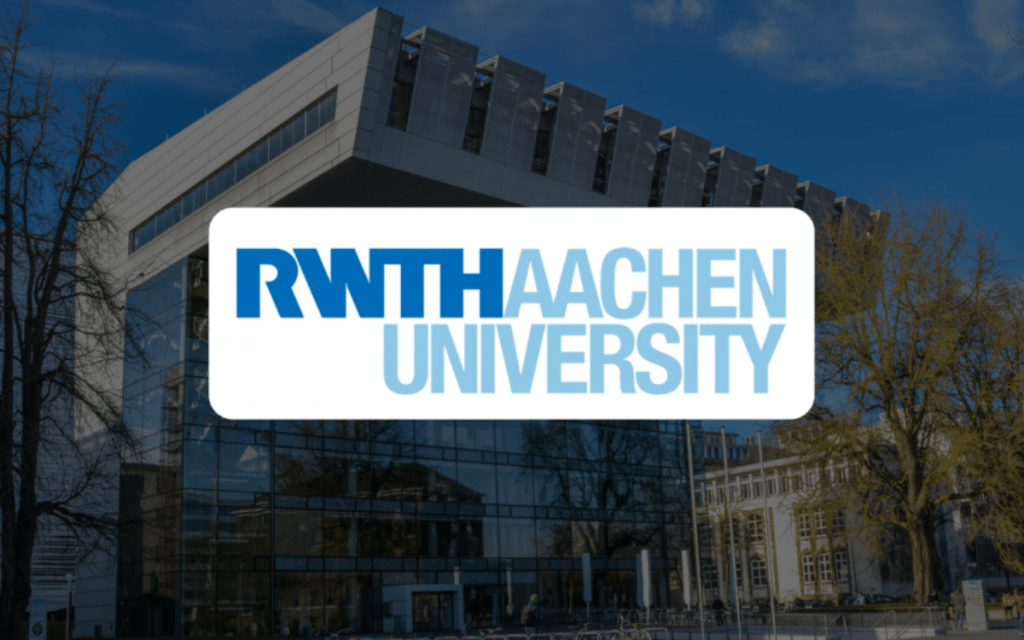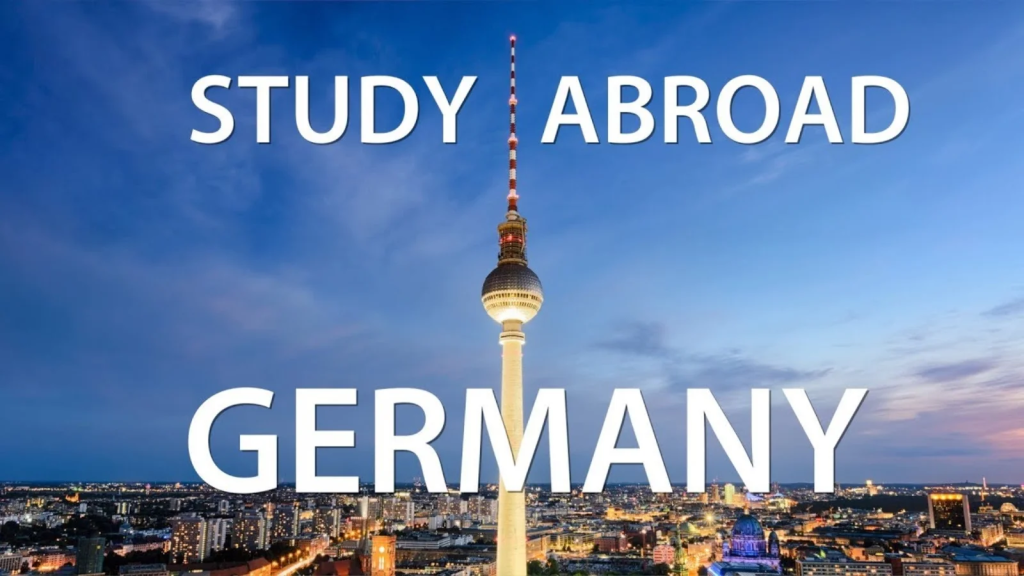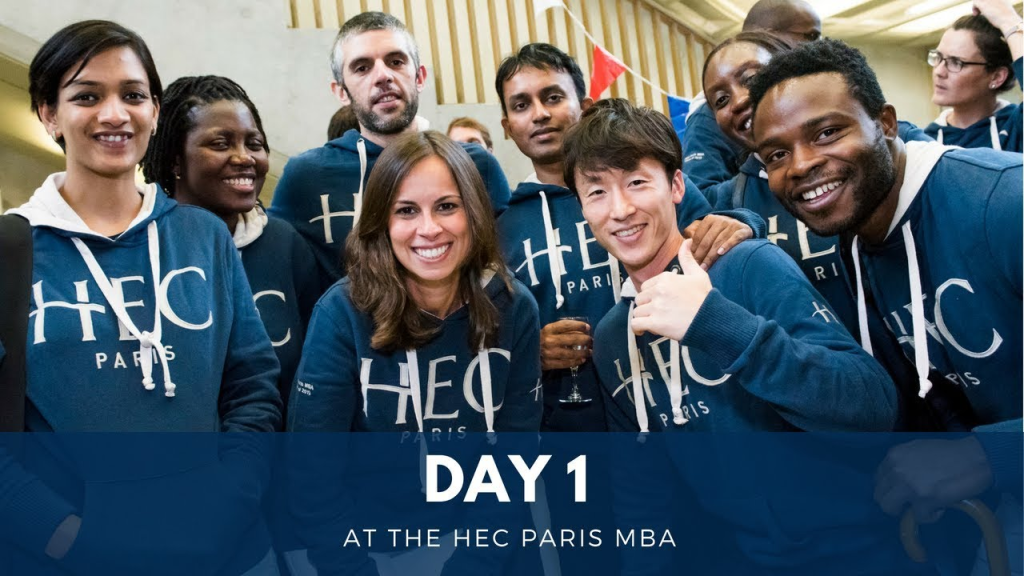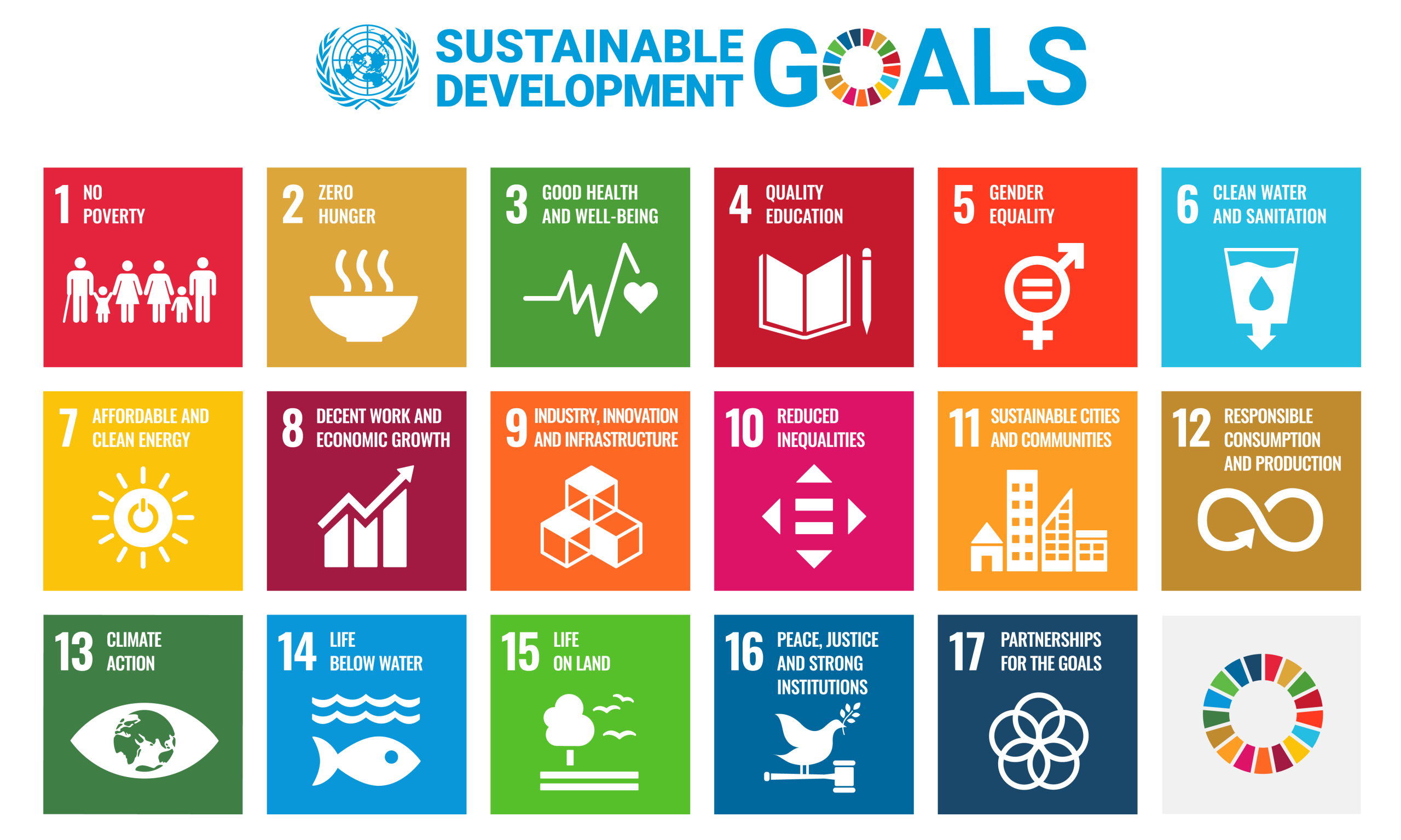
RWTH Aachen University (Rheinisch-Westfälische Technische Hochschule Aachen) is one of Europe’s leading technical universities, renowned globally for engineering, natural sciences, and innovation-driven research. Ranked among the Top 100 universities worldwide (QS World University Rankings 2025), it attracts thousands of international students — especially from India — every year.
Here’s everything you need to know if you’re planning to study at RWTH Aachen:
Why Indian Students Choose RWTH Aachen University
| Feature | Why It Matters |
|---|---|
| Global Ranking | Consistently among QS Top 100; #1 for engineering in Germany |
| Affordable Education | No tuition fees for most programs; only semester fee (~€300) |
| Research Powerhouse | Member of TU9 (elite group of top German tech universities) |
| Industry Integration | Partnerships with BMW, Siemens, Bosch, Airbus & more |
| English-Taught Master’s | 40+ MSc/MA programs fully in English |
| STEM Focus | Highly reputed for mechanical, electrical, computer, and civil engineering |
| Top Indian Alumni Network | Large Indian student community and alumni in top global roles |
| Post-Study Opportunities | Strong job market, PR pathway, Blue Card options |
Entry Requirements for Indian Students
Undergraduate Programs (UG)
| Requirement | Details |
|---|---|
| Academic Qualification | Direct UG admission requires JEE Advanced qualification or a recognized equivalent |
| Studienkolleg | If not JEE-qualified, must attend 1-year Studienkolleg + Feststellungsprüfung (FSP) |
| German Language Proficiency | UG programs are in German – DSH-2 or TestDaF C1 required |
| English Proficiency | Only for select international UG programs (if available) – IELTS 6.0+ / TOEFL iBT 80+ |
| Application Portal | Apply via uni-assist + RWTH’s online portal (RWTHonline) |
Master’s Programs (PG)
| Requirement | Details |
|---|---|
| UG Degree | Minimum 65%–75% in relevant bachelor’s program (B.E./B.Tech/B.Sc.) |
| Language Proficiency | English programs: IELTS 6.5+ / TOEFL iBT 90+ German programs: DSH-2 or TestDaF C1 |
| Statement of Purpose (SOP) | Required; must align with program and research interests |
| Letters of Recommendation (LORs) | Usually 1–2 academic references |
| GRE | Optional, but recommended for some programs (esp. Mech, CS) |
| Application Portal | Apply directly through RWTHonline (not uni-assist for most PG programs) |
Popular English-Taught Master’s Programs at RWTH Aachen (for Indian Students)
| Field | Sample Programs |
|---|---|
| Mechanical & Industrial Engineering | MSc Production Systems, MSc Automotive Engineering |
| Computer Science & AI | MSc Computer Science, MSc Data Science |
| Electrical & Electronics | MSc Electrical Engineering, MSc Communications Engineering |
| Renewable Energy & Environment | MSc Sustainable Energy Supply, MSc Environmental Engineering |
| Robotics & Automation | MSc Robotics Systems Engineering |
| Management & Engineering (M.Sc. MME) | Interdisciplinary program combining business and tech |
RWTH Aachen University Application Timeline (2025)
| Step | Timeline |
|---|---|
| Program Research | October – January (previous year) |
| Application Opens | March–April 2025 |
| Deadline | July 15, 2025 (for most Winter Semester programs) |
| Admission Results | August – early September |
| Visa Application | July – September |
| Semester Start | October 2025 |
Tuition Fees & Living Costs at RWTH Aachen
| Expense Type | Amount (EUR/year) | Approx. INR |
|---|---|---|
| Tuition Fees | €0 | ₹0 |
| Semester Contribution | €300–€330 | ₹26,000–₹29,000 |
| Living Expenses | €900–€1,100/month | ₹90,000–₹1.1 lakh |
| Blocked Account Requirement | €11,208/year | ₹10 lakh |
| Health Insurance | ~€110/month | ₹9,000 |
Scholarships for Indian Students at RWTH Aachen
| Scholarship | What It Covers |
|---|---|
| DAAD Scholarship | Tuition, living expenses, travel costs |
| Deutschlandstipendium | €300/month for academic merit |
| RWTH International Academy Scholarships | For selected master’s programs |
| Heinrich Böll / Konrad Adenauer | Master’s and PhD funding |
| Inlaks, JN Tata, KC Mahindra | Prestigious Indian scholarships valid in Germany |
Post-Study Work & PR in Germany After RWTH
| Pathway | Details |
|---|---|
| Stay-Back Visa | 18-month job-seeking visa after graduation |
| Blue Card EU | Job with gross salary ≥ €45,000/year |
| Permanent Residency (PR) | Eligible after 33 months (or 21 months with B1 German + Blue Card) |
| Family Benefits | Spouse can work full-time, children get free education |
You Might Also Like: How To Get Into Freie Universität Berlin (Free University of Berlin)
RWTH Aachen vs. Heidelberg – Quick Comparison for Indian Students
| Feature | RWTH Aachen | Heidelberg |
|---|---|---|
| Focus | STEM, Engineering, Tech | Medicine, Humanities, Sciences |
| Language | More English-taught MSc | UG mostly in German |
| Industry Ties | Strong with German corporates | Strong academic/research focus |
| QS Ranking (2025) | Top 100 | Top 70 |
Let Admitix Help You Get Into RWTH Aachen
At Admitix, we’ve supported Indian students in securing admission to top German public universities like RWTH Aachen by providing:
- Program shortlisting (STEM-focused, English-taught)
- SOP & LOR writing help aligned with RWTH expectations
- Document & uni-assist/RWTHonline application support
- Visa assistance + Blocked Account guidance + Interview prep
Book a free consultation today and take the first step toward your RWTH journey!
FAQs – RWTH Aachen for Indian Students
Q. Is RWTH Aachen tuition-free?
Yes, like most public universities in Germany, it does not charge tuition. A semester fee (~€300) applies.
Q. Is JEE Advanced required for UG entry?
Yes, for direct UG admission. Otherwise, Studienkolleg is needed.
Q. Are master’s programs in English?
Yes. RWTH offers 40+ MSc programs fully in English, especially in engineering and technology.
Q. Is GRE required for RWTH?
Not mandatory, but may strengthen your application for competitive programs.
Q. Can I stay in Germany after graduation?
Yes. You get an 18-month job search visa, then can apply for a work visa and PR.
























